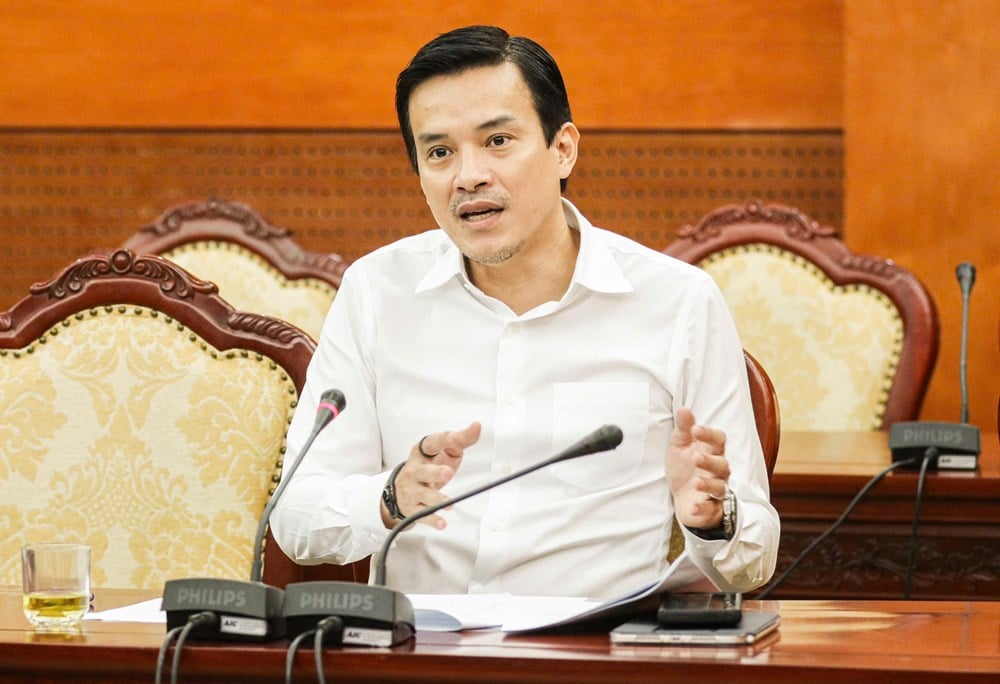
Sports - A component of national strength
“Culture and Sports are soft power,” Mr. Nam Nhan emphasized, and at the same time suggested that this document should mention more deeply and specifically the concept of sports, especially sports economics , in order to promote the role of this field in sustainable growth and international integration. He also suggested adding the phrase “physical strength” to the content: “Comprehensive development of Vietnamese people in terms of ethics, intelligence, physical strength, national consciousness, civic responsibility, creativity, aesthetics, life skills, and professional skills.”
According to him, if culture is considered the spiritual foundation of society, then sports are a concrete expression of health, will and national character. A country with a strong sports foundation is not only highly competitive in international arenas but also has great economic, tourism and national status appeal. Therefore, placing sports at the center of the strategy for developing modern Vietnamese people is an urgent requirement, reflecting the Party's innovative vision in the new development stage.
The draft Political Report submitted to the 14th Congress emphasized: “Cultural and human development is the foundation; Party building is the key; economic and social development and environmental protection are the center; national defense, security and foreign affairs are important and regular”. Establishing “culture - people” as the foundation clearly demonstrates the Party’s vision of sustainable development, considering people as both the goal and the driving force.
According to Mr. Nguyen Nam Nhan, sports are a vivid manifestation of the strength of the Vietnamese people in the new era, a strength that is expressed not only through achievements on the field but also through discipline, the will to overcome difficulties, the spirit of solidarity and the desire to rise up. "We talk a lot about culture and human resources, but we have not yet recognized sports as a component of national strength," Mr. Nhan analyzed.
Sports not only train the body but also shape personality, nurture self-esteem, fighting spirit and teamwork ability, which are the core elements of national competitiveness. On the international level, sports is also the common language of humanity, an effective tool of cultural diplomacy, helping Vietnam promote the image of a dynamic, humane, integrated and creative country.
The most obvious evidence is that in recent years, the successes of Vietnamese sports, from football, shooting, swimming, athletics to billiards or e-sports have created a strong wave of influence, arousing national pride and strengthening the image of Vietnam in the eyes of international friends. Mr. Nam Nhan believes that each medal, each SEA Games, each international tournament successfully organized in Vietnam is a "soft message" of diplomacy and culture, demonstrating the national character and internal strength of the country.
From that perspective, he recommended that the 14th National Congress Political Report should have specialized content on sports development in the cultural and human strategy, not just stopping at the movement aspect, but must view sports as a new industry, contributing directly to GDP, creating jobs, attracting investment and promoting tourism.

Sports economic development - Strategic direction for the new stage
One of the new points of this draft document is the requirement to “strongly and comprehensively develop Vietnamese culture and people” associated with perfecting institutions and building a new growth model. According to Mr. Nam Nhan, sports economy is one of those new growth models, both humane and bringing about clear economic efficiency.
He said that Vietnam has many advantages to develop the sports economy, such as a young population, increasing demand for health training, investment in sports infrastructure, and great potential in tourism, media and technology. However, the institutions and investment mechanisms for sports are still fragmented and lack strategic vision.
In order for sports to truly become an economic sector, Mr. Nam Nhan proposed four key groups of solutions: First, build a national sports economic development strategy, clearly identify the pillars including high-performance sports, mass sports, recreational sports, tourism sports and e-sports; second, perfect the institutions and legal framework, create a favorable corridor for businesses to invest in the sports sector, from equipment production, event management, media copyright to sports training and services; third, develop the domestic sports market, encourage socialized models, mobilize private resources, investment funds, businesses and financial institutions to participate in the sports value chain; fourth, strengthen international cooperation, making Vietnam a destination for regional and international tournaments, thereby promoting the country's image, promoting tourism, trade and cultural exchange.
“Sports is a smokeless industry. If planned and invested in the right direction, sports will not only bring economic benefits but also contribute to improving community health, strengthening national spirit and spreading Vietnamese cultural values to the world,” Mr. Nhan emphasized.
He also believes that building regional sports and cultural centers, connected with tourism and creative industries, will be a feasible direction. Ho Chi Minh City, with the advantage of being the largest economic and cultural center in the country, can completely become the locomotive for sports economic development, the place to form and organize sports festivals, international tournaments and creative economic models based on sports, entertainment and digital media.
According to Mr. Nguyen Nam Nhan, to do that, there needs to be specific policies in Party documents such as prioritizing investment in sports infrastructure; training human resources in sports management, engineering, communication and marketing; issuing flexible financial mechanisms to attract strategic investors; and at the same time building a digital sports ecosystem associated with digital transformation in culture and tourism.
“The draft Political Report submitted to the 14th Congress clearly states: Cultural and human development is the foundation; taking people as the center and culture as the regulating system for sustainable development. In that overall picture, sports must be seen as a component of “national soft power”, where culture, economy and foreign affairs intersect. We should also see sports not only as a movement, but as a resource; not only as competition, but as economy; not only as image, but as national strength”, Mr. Nguyen Nam Nhan stated his opinion.
The Deputy Director of the Department of Culture and Sports of Ho Chi Minh City also said that when sports are placed in the right position in the country's development strategy (along with culture, science, and education), it will be a solid step on the path to building a prosperous and happy Vietnam, where every citizen is fully developed in terms of intelligence, physical strength, and spirit. Sports also need to be seen as a modern economic sector, a tool of humanistic diplomacy. And when sports become part of the country's development thinking, it is not only an honor for the sector, but also a milestone for the national vision of Vietnam's soft power in the 21st century.
Source: https://baovanhoa.vn/the-thao/the-thao-dong-luc-moi-trong-chien-luoc-phat-trien-dat-nuoc-178196.html






![[Photo] Da Nang: Water gradually recedes, local authorities take advantage of the cleanup](https://vphoto.vietnam.vn/thumb/1200x675/vietnam/resource/IMAGE/2025/10/31/1761897188943_ndo_tr_2-jpg.webp)
![[Photo] Prime Minister Pham Minh Chinh attends the 5th National Press Awards Ceremony on preventing and combating corruption, waste and negativity](https://vphoto.vietnam.vn/thumb/1200x675/vietnam/resource/IMAGE/2025/10/31/1761881588160_dsc-8359-jpg.webp)
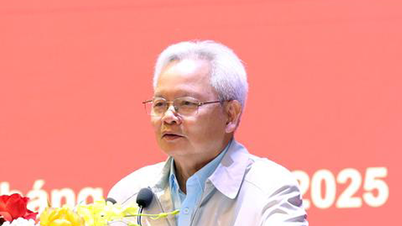

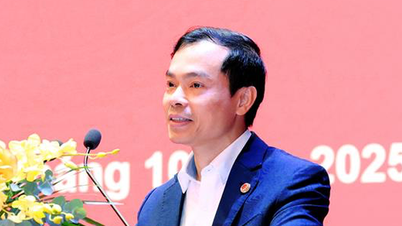
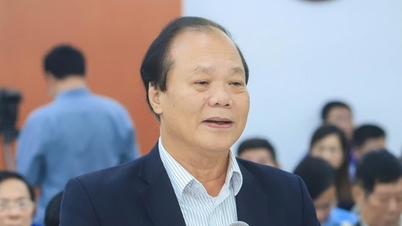
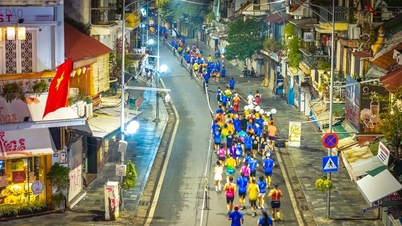
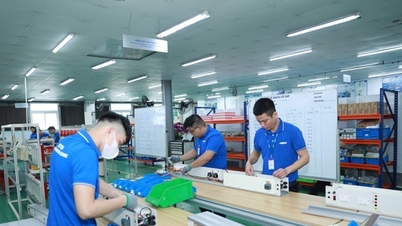

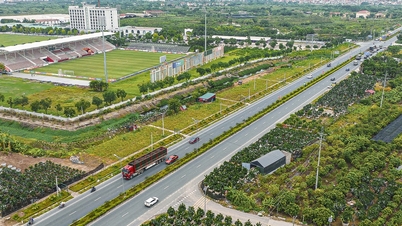
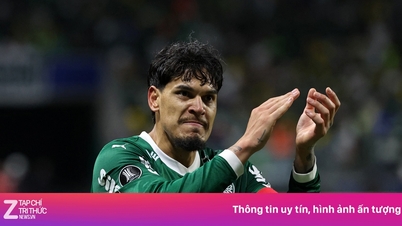

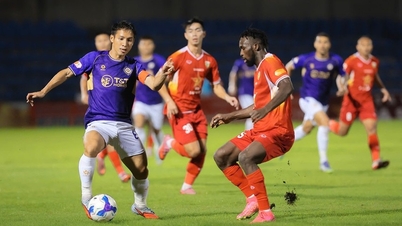

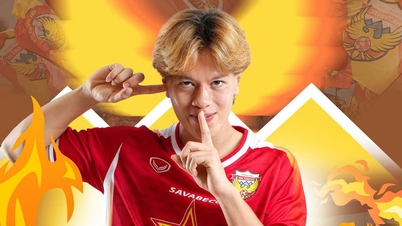
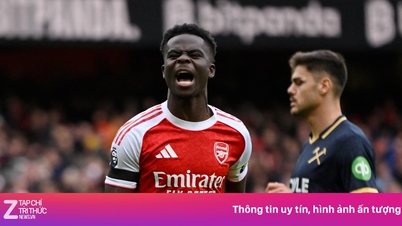
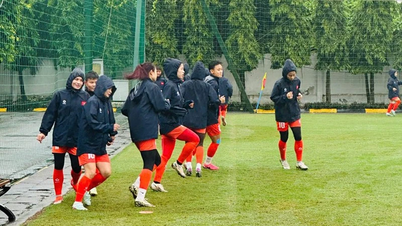







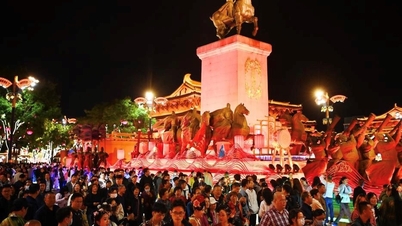
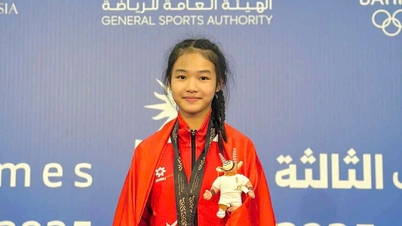
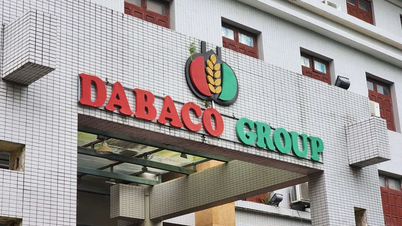
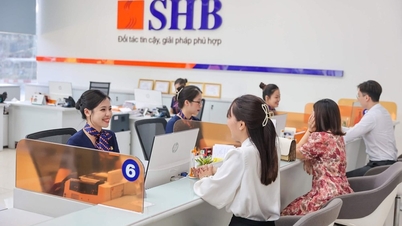
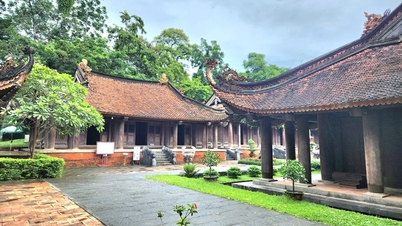


































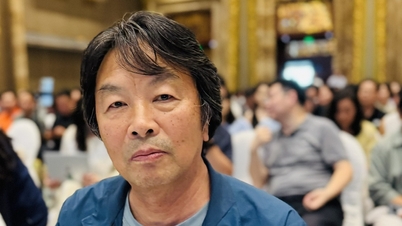
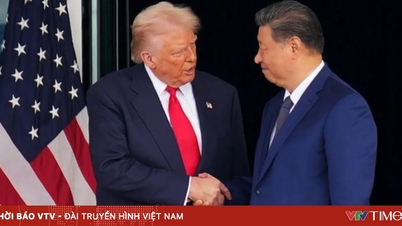

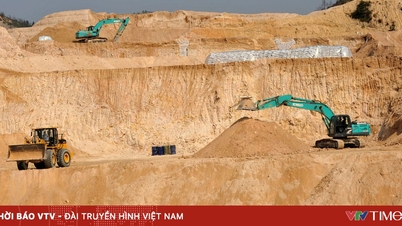
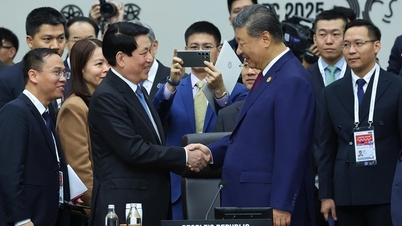

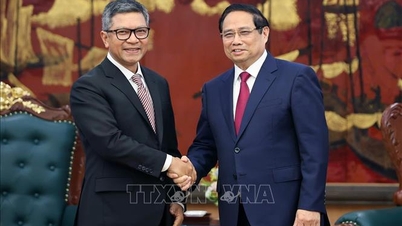
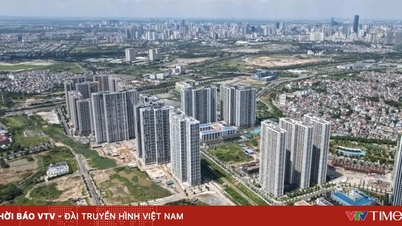



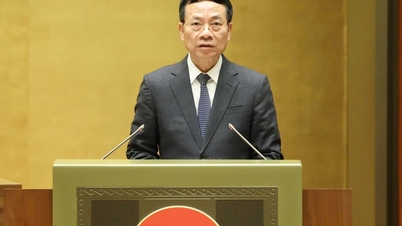
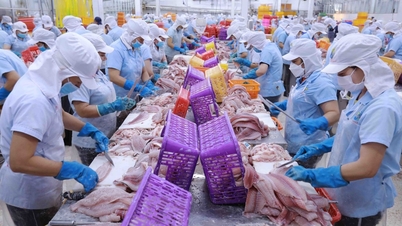

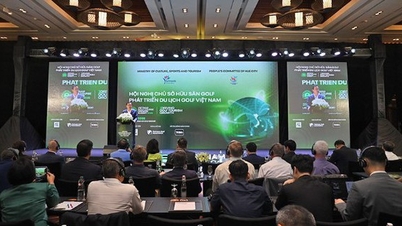
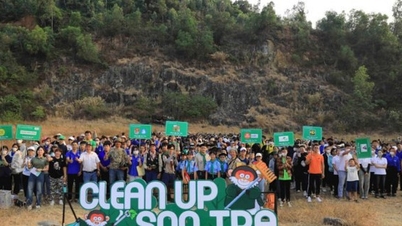
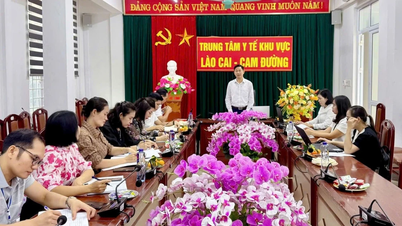



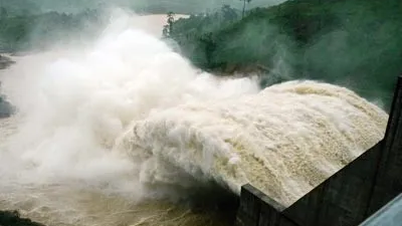















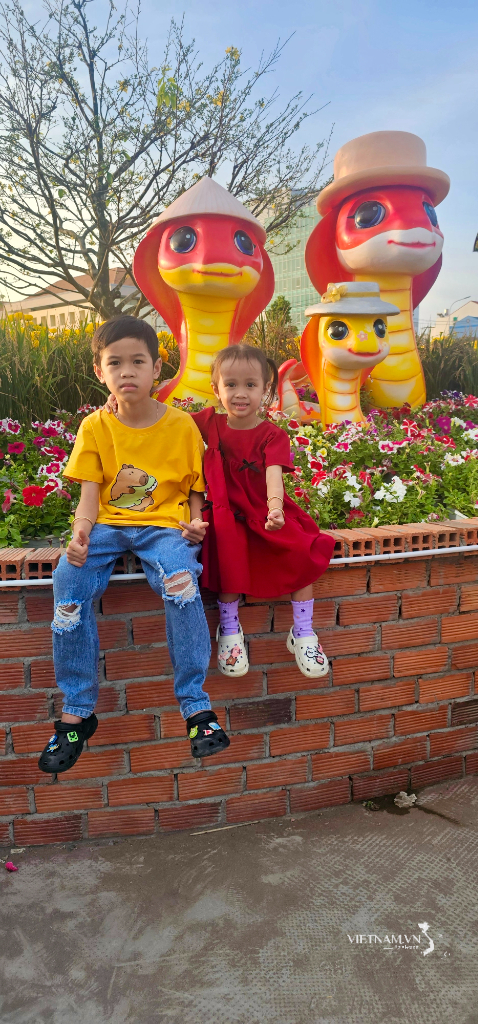
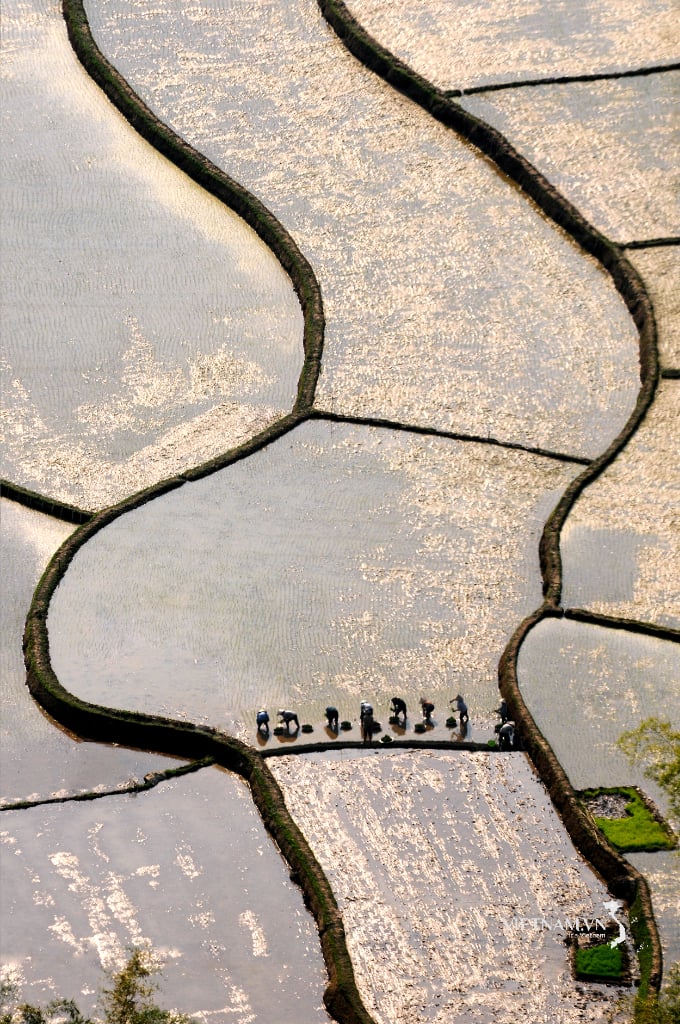

Comment (0)